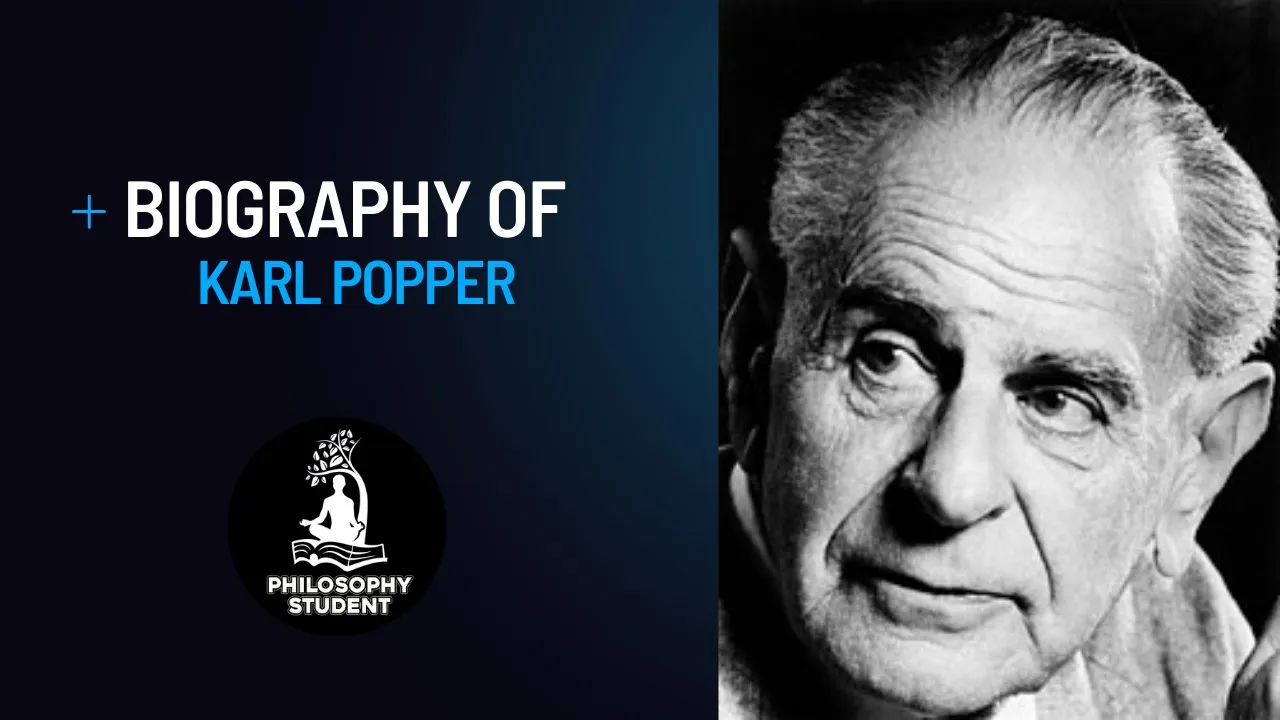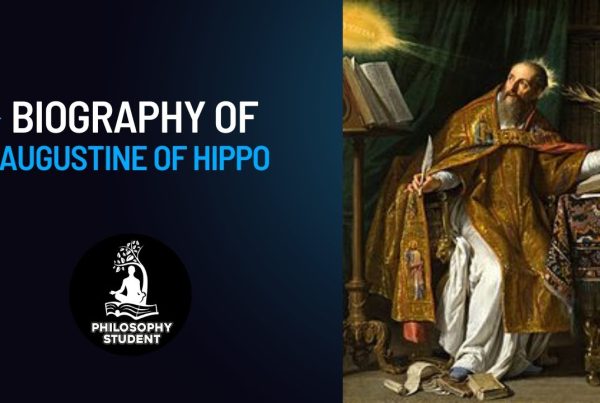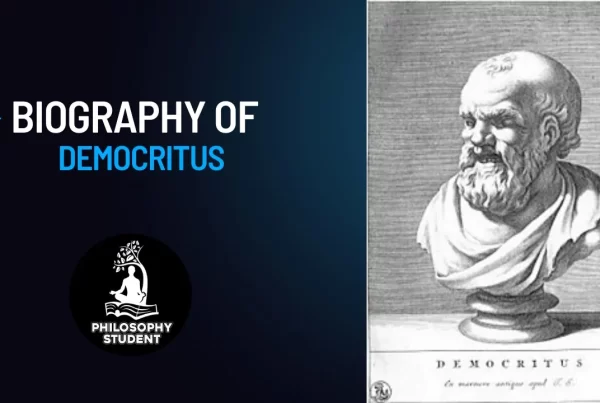Born in Vienna on July 28, 1902, Karl Raimund Popper was one of the great philosophers —and among the most important philosophers of science—of the twentieth century. He was also a philosophical champion of liberalism and a proponent of an “open society.” He called himself a critical-rationalist and opposed skepticism, conventionalism, and relativism in science.
Born into a Jewish family, he did not follow his father into the law, but both parents instilled in him an interest in the classics, philosophy, and music. In graduate school, Popper chose the history of music as a second subject for his Ph.D. examination.
Popper was educated at the Realgymnasium, which he left to attend the University of Vienna in 1918, although he did not formally enroll until four years later. In his young manhood, he was a Socialist and, for a time, a Marxist. Soon disillusioned with Marxism, however, he turned to Freud and Adler and fell under the spell of Albert Einstein. The great virtue of Einstein, he came to believe, was that his major theories were testable and falsifiable, whereas the work of Marx, Freud, and Adler were testable only by way of confirmation.
Popper did not leap into an academic career but trained as a cabinetmaker, earned a primary school teaching diploma (1925), and a secondary school qualification to teach mathematics and physics (1929). In the meantime, he studied at the doctoral level in the Department of Psychology at the University of Vienna and was awarded a Ph.D. in 1928 for his dissertation Die Methodenfrage der Denkpsychologie (The Methodological Question of Thought Psychology). He questioned the validity of psychology as a science, focusing on issues of method and objectivity.
In 1937, Popper accepted a position teaching philosophy at the University of Canterbury, New Zealand, which would become his sanctuary through World War II. In 1938, annexation of Austria (Anschluss) prompted Popper to address problems in social and political philosophy, which resulted in the 1945 publication of The Open Society and Its Enemies, a critical condemnation of totalitarianism.
In 1946, Popper moved to London to teach at the London School of Economics and, three years later, was appointed professor of logic and scientific method at the University of London. He launched into an extraordinarily prolific writing career and in 1959 published his first seminal treatise in the philosophy of science, The Logic of Scientific Discovery.
Popper viewed science—and epistemology—from what he called the perspective of “critical rationalism,” thereby rejecting the empiricism of the Kantian tradition, which assumed that basic statements are infallible. He argued such statements were no more than descriptions in relation to a theoretical framework and that scientific theories are abstract, capable of only indirect testing by evaluation of their implications. From this, he concluded that all human knowledge is ultimately hypothetical. With respect to science, no amount of positive experimental outcomes can confirm a theory; however, a single counterexample is definitively falsifying. He cautioned that the falsifiable nature of a given theory did not imply that the theory was false, but could be shown to be false, by observation or by experiment. Thus, Popper concluded, there is a vast logical asymmetry between verification and falsifiability. This condition formed the core of Popper’s philosophy of science.
Popper posited falsifiability as the criterion of “demarcation” between a genuine and a non-genuine scientific theory. A theory is scientific only if it is falsifiable. Thus, psychoanalysis and other putative sciences did not merit a claim to being deemed scientific. Their theories are not falsifiable. Popper came to recognize a kinship between his standard of falsification and Charles Peirce’s nineteenth-century doctrine of fallibilism.
Falsification led Popper to explore—he claimed, to solve—the philosophical problem of induction. There is no deductive proof that the sun will rise, yet, based on induction, one can formulate a theory that every day the sun will rise. Should it fail to rise someday, the theory will be falsified—but, until that day, there is no compelling reason to reject the assumption of its truth. Induction cannot be logically justified. In this, Popper agreed with David Hume. But that is no reason to spurn induction, which is invaluable.
Popper applied falsification to The Open Society and Its Enemies and The Poverty of Historicism (1957) to critique historicism as a theory that history necessarily develops according to knowable general laws toward a determinate end. Not only is this invalid, he argued, but it is morally corrupt in that it justifies authoritarianism and totalitarianism.
As a metaphysician, Popper argued that the search for truth is a compelling motive for scientific discovery. In Objective Knowledge (1972), he argued that scientific knowledge approaches objectivity once it is stated in language, which transforms it into an entity that evolves through critical selection as the meaning of truth becomes a matter of how the theory corresponds to facts. Popper proposed three worlds: World One consists of the physical world or physical states. World Two is the world of mind, including mental states, ideas, and perceptions. World Three is the body of knowledge—in other words, the products of World Two made physically manifest in the things of World One. Popper argued that World Three was the product of individual human beings and therefore has an existence independent of
any individually known subjects. World Three exerts an influence as strong as that of World One, so that the knowledge in any individual mind owes at least as much to the cumulative store of human knowledge made manifest as it does to the individual’s direct experience. For this reason, the growth of knowledge may be considered a function of the independent evolution of World Three.
Popper’s long, distinguished, immensely productive life ended on September 17, 1994, when he succumbed to complications of cancer, in London, at the age of ninety-two.




































